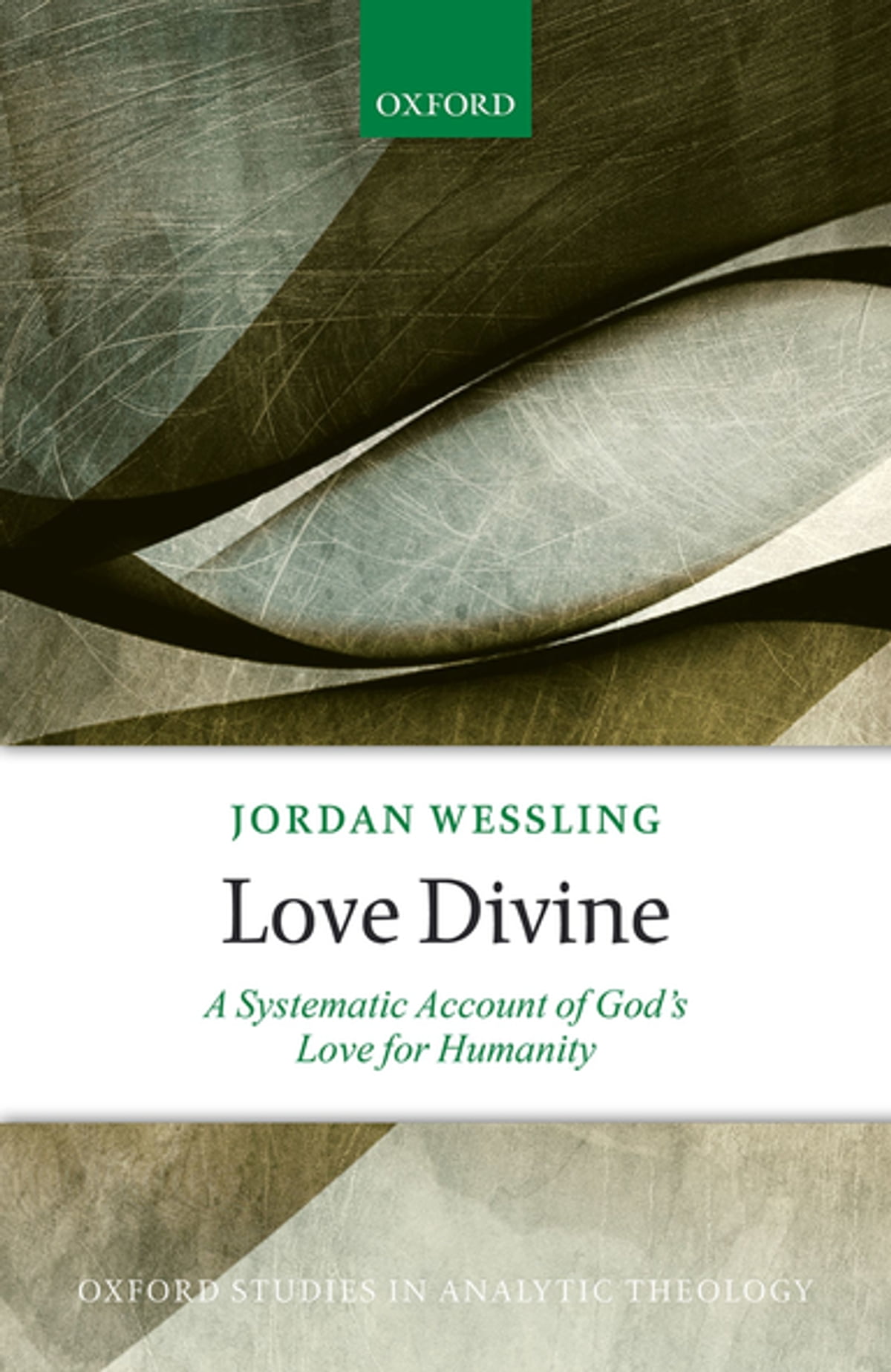 We recently interviewed Stephen Parrish about his book, The Knower and the Known: Physicalism, Dualism, and the Nature of Intelligibility (St. Augustine’s Press, 2013). Stephen Parrish is Professor of Philosophy at Concordia University, Wisconsin. In 450 pages, Parrish provides a powerful compendium of arguments and advances to discussions and critiques of physicalism. To learn more about the benefits of his book, please click here.
We recently interviewed Stephen Parrish about his book, The Knower and the Known: Physicalism, Dualism, and the Nature of Intelligibility (St. Augustine’s Press, 2013). Stephen Parrish is Professor of Philosophy at Concordia University, Wisconsin. In 450 pages, Parrish provides a powerful compendium of arguments and advances to discussions and critiques of physicalism. To learn more about the benefits of his book, please click here. What is distinct about the framing of your critique of physicalism?
What is most distinct is that I attempt to put my critique of physicalism in the context of a theistic ontology. That is, I try to show that mind body dualism fits in with a theistic view of things, while physicalism does not. God is the source of all reality and a personal being. Reality is ultimately personal, and thus ultimately explicable in personal terms. Human beings are also persons, and thus are finite analogs of God, and this fact is the basis for much, including our ability to understand. I should also add; the book contains one of the most thorough critiques of physicalism of which I am aware.
Your argument in this book is not strictly the result of the tools of analytic philosophy of mind. It also utilizes the tools of phenomenology when discussing the so-called “mind-body problem.” How do both tools enhance understanding of your topic?
I was trained in analytic philosophy, appreciate the rigor of it, and that is the methodology I try to use. However, I had been reading about Husserl’s phenomenology for several years, and thought that he had developed insights into what knowledge is, what concepts are, and the relation they have to consciousness that went along with the approach I was using. God is a personal being, and all concepts exist in his mind. Our minds are made in the image of God’s, and thus we also can know reality. So, for me it was not so much a matter of the limitations of each; rather the subject is vast and each has developed insights that, when put together, helped in thinking through the issues involved.
What is your view of human embodiment and how does it relate to your critique of physicalism?
Human beings are meant to be embodied. We cannot function without them; we need them to operate in the universe that God has made. What could one do without a body? Possibly one could think; but one could not interact with any physical object or move in any way, or even perceive external reality. At least, it is difficult to understand how we could do these things. However, dualism allows one to think, and also believe that we are not just matter in motion, machines that are made of meat and bone, and that we can survive death.
How might your argument contribute to discussions about the problem of “God and Abstract objects?
The position that I take is that abstracta are actually ideal objects in the mind of God. Or, one might say, that is what abstract objects really are. This position allows that everything, including abstracta, is dependent upon God for its existence. It also seems to me to be a position that allows theists to explain abstracta for “free.” God is by definition necessarily omniscient, and therefore knows everything so that all concepts necessarily exist in his mind. It seems to me there is no reason to posit the existence of anything beyond that regarding abstract objects.
As more work continues on the mind-body problem, what are some areas of focus you wish more physicalists and dualists would pay attention to?
One area that needs exploration is the interface between world and mind. How does the neuronal activity in the brain cause us to have the perceptions that we do? This is an issue for both dualists and physicalists. Of course, they will give very different answers. The dualist needs think in terms of something that can ”translate” brain activity to conscious states, and vice versa. The physicalist has the more demanding task of seeing how they are in one way or another identical.



